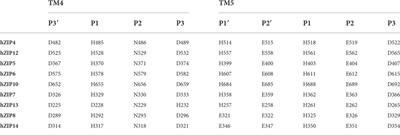EDITORIAL
Published on 08 May 2024
Editorial: Structure and function of trans-membrane proteins
doi 10.3389/fchem.2024.1414079
- 627 views
2,400
Total downloads
13k
Total views and downloads
You will be redirected to our submission process.
EDITORIAL
Published on 08 May 2024
ORIGINAL RESEARCH
Published on 19 Mar 2024
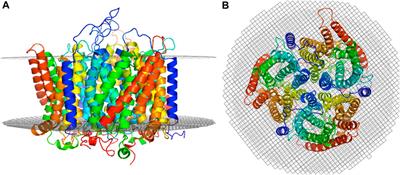
ORIGINAL RESEARCH
Published on 05 May 2023
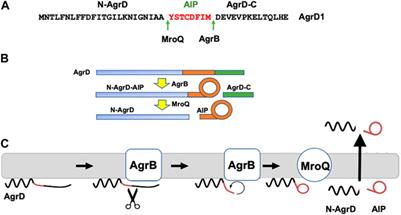
ORIGINAL RESEARCH
Published on 21 Feb 2023
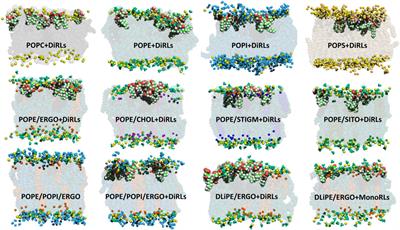
ORIGINAL RESEARCH
Published on 28 Nov 2022
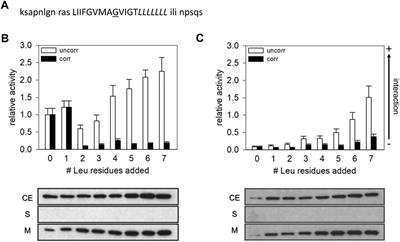
ORIGINAL RESEARCH
Published on 20 Sep 2022
